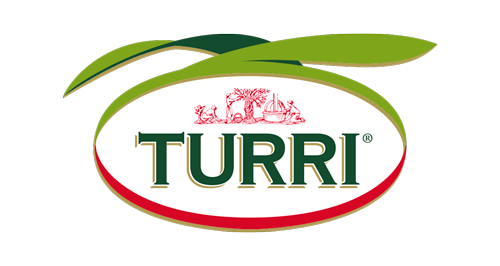In recent times, the debate over weed killer use has once again taken centre stage. The focus now is on glyphosate, the infamous broad-spectrum herbicide that is toxic to all plants.
Application of herbicides has always been a common practice in olive tree cultivation, because weeds are strong competitors for nutrient and water uptake.
In ancient Rome, the farmers would employ what was known as amurca, a mulch-like by-product of olive oil production. Varro, Cato and other authors of the time recommended it warmly to control weed growth. In his “De re rustica”, Varro wrote that “The olive yields two products: oil, well known to all, and amurca. (…) In moderate quantities, this fluid is not only extremely valuable for many purposes, but is especially valuable in agriculture, as it is usually poured around the roots of trees, chiefly olive trees, and where noxious weeds grow in the fields.” A worthy practice indeed, with no detrimental side effects.


